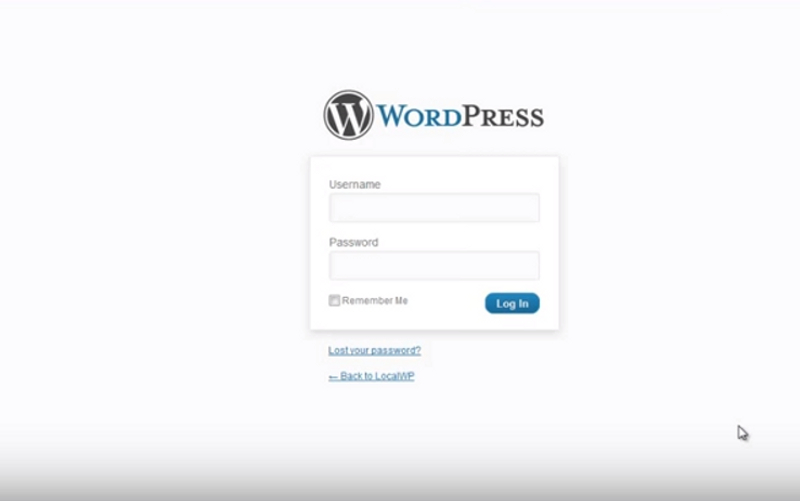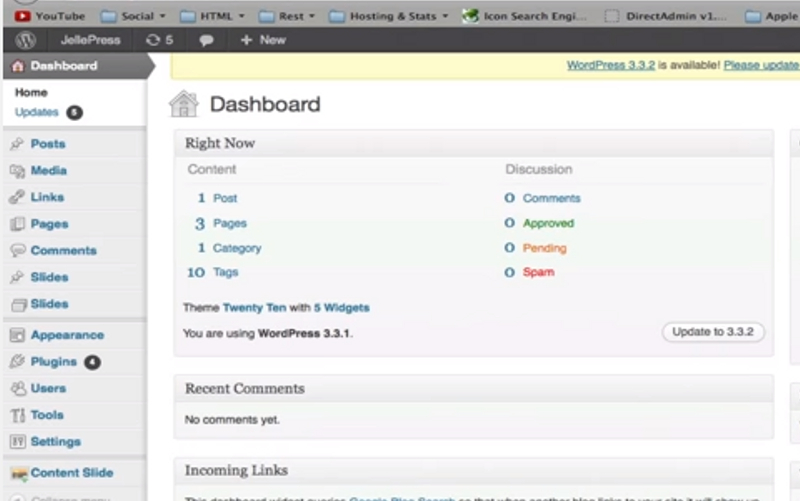Website creation today has numerous options from which to choose. You could build your site from scratch with code, have a drop-and-use platform, or use a CMS platform. If you want to use the CMS platform to build, then two quality options are Moveable Type and WordPress. Each has some unique benefits that make them both easy to use so that a strong website can be live in just minutes. In the Moveable Type vs WordPress debate, it becomes necessary to look at some specific areas to see if one has an advantage over the other.
Commercial Use: Advantage WordPress
When it comes to personal use, Movable Type has a bit of an advantage in the fact that it is 100% free. This isn’t the case for WordPress unless users start a blog that is self-hosted on WP like Blogger [there would be a .wordpress component to the address].
In terms of commercial or educational use, however, WordPress has a definite advantage. Although installing WP is free, users will need to have a commercial or educational hosting plan that is independent. The costs of these plans are variable, but a full installation can often happen for less than $200. In comparison, licenses for Movable Type can be as high as $1,000 depending on the number of people who will be using the platform.
This is especially true for the small business or someone trying to earn some side cash through a hobby. Small e-commerce sites and blogging can be maintained without high costs so that there is more help in meeting financial goals.
Installation: Advantage Movable Type
Maybe you’ve heard about the 5 minute installation that WordPress often markets. It is true that a single domain installation is pretty easy to accomplish. Where WP gets a bit tricky is when the multisite features need to be used. This can require some changes to the wp-config file, potentially adding an .htaccess file, and other specific coding components that not everyone is comfortable doing on their own.
For Movable Type, the entire process is similar to an installation of a web host. Users just need to follow the prompts that are on the screen and their site will be live. The issues of the multisite installation that WordPress has do not exist on Movable Type. Managing multiple blogs from the start with one installation makes it very easy to share content.
Content Management: Push
Both Movable Type and WordPress offer some distinct advantages when it comes to content management. WP has virtually endless customization options so that content creation through the back end of the platform is pretty user friendly. What you see is what you’re going to get when it comes to WordPress. There are even over 2,200 free themes that can be used on WordPress that require very little customization.
If this were just an ease of use evaluation, WP would win without question. Movable Type does have a bit of a learning curve to it, but overall the process of content management is very straightforward. Once users get used to the platform, many users tend to enjoy how content gets managed. The dashboards are virtually the same between both programs, but template editing and module functionality is noticeably better on Movable Type. This gives users better customization options for the 700+ themes that it has available in its directory.
Customization: Advantage WordPress
Movable Type might have brought blogging and website management to the internet before WordPress, but WP has a definite advantage in this are because of the 37k+ plugin options that third-party developers have created for it. Although there can sometimes be support issues linked to these plugins, there is generally something that can be installed to make a website become virtually perfect.
Movable Type has nothing to even come close to competing with this aspect of the CMS platform, so even with the support issues, WordPress clearly wins.
If you want to have multiple blogs right from the start, Movable Type might be a better option. WordPress offers more customization options and once the multisite installation is finalized, it is also fairly easy to manage. There’s also the potential cost of a commercial site to consider. This means the Movable Type vs WordPress debate is all about price and comfort. Which CMS platform is easier for you to use when it comes to blogging or setting up an e-commerce site? When you answer that question, you’ll be able to know which installation you should use.








